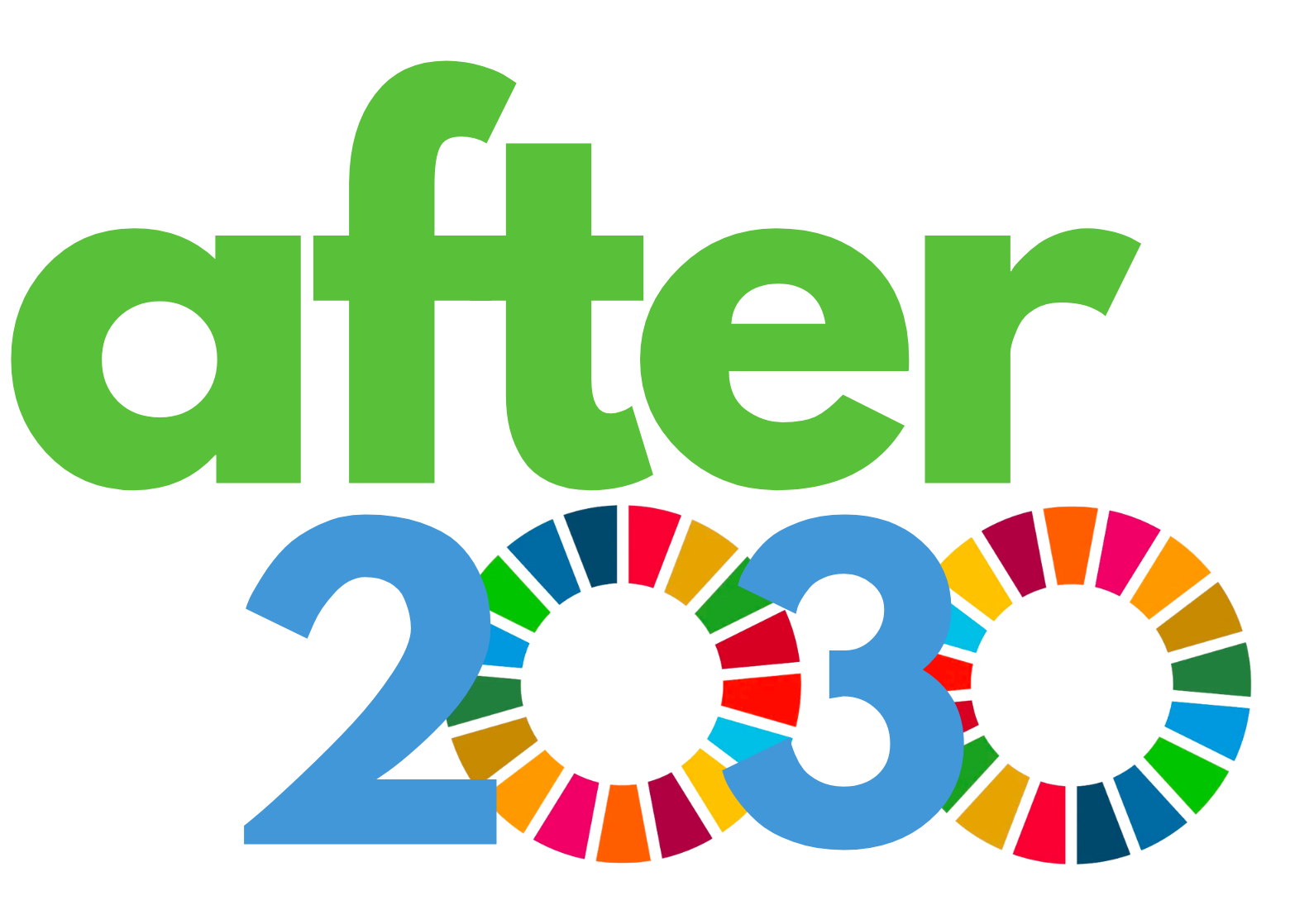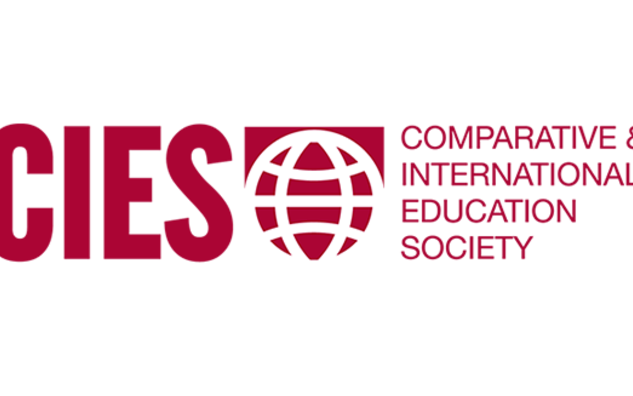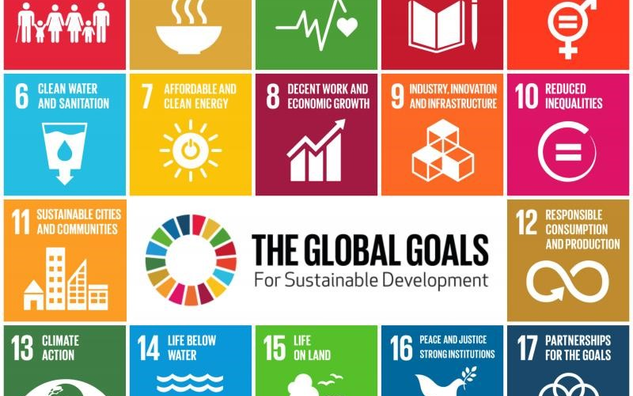After2030: What Comes Next for the Sustainable Development Agenda?

What Comes Next for the Sustainable Development Agenda?
In 2015, member states of the United Nations, including Canada and the UK, adopted the 2030 Agenda for Sustainable Development, which includes 17 Sustainable Development Goals (SDGs) that seek to end poverty, protect the planet, and improve wellbeing for all. The SDGs represented a major shift from the previous Millennium Development Goals (MDGs). Where the MDGs were a development agenda for the Global South that focused on poverty alleviation, the SDGs apply to all countries and include an encompassing view on development. Moreover, the MDGs were driven primarily by the United Nations with little role for civil society.
Yet at the halfway mark of the SDG period, it is now apparent that the SDGs also have limitations. One of the major critiques of the current agenda is their lack of appreciation or incorporation of Indigenous knowledges and explicit links to decolonization, both of which have important contributions to how development is understood and pursued. Another widespread concern is that the SDGs have little explicit engagement with culture of any sort, missing out on important contributions of the arts, humanities and social science scholarship that could enhance individual-level engagements with the SDGs. These are areas where our universities have deep expertise and have much to bring to the conversation about future possibilities for the post-SDG agenda.
Over the next few years, the global development community will be laying the groundwork for what comes after the SDGs. There is a need for higher education stakeholders from around the world to discuss what has been accomplished by universities working on higher education and the SDGs and the limitations with current approaches and practices. This is where the After2030 project comes in.
The After2030 Project
The After2030 project is a two-year partnership initiative funded by the University of Toronto (UofT) and University College London (UCL) as part of their Strategic Challenges Fund.
The goal of the After2030 project is to help shape the post-SDG agenda by developing an informed understanding of the limitations of current practices and outlining recommendations for the future. We hope to produce a short synthesis for a public audience on the role of universities and comparative education scholars in contributing to both the SDG agenda and as thought-leaders for what comes next – After 2030.

CIES 2023
Annual Meeting of the Comparative International Education Society (CIES) 2023. CIES is the largest society for comparative education in the world. Currently, CIES has over 3,300 members representing 110 countries. Read more about the After2030 workshop hosted alongside the 2023 CIES meeting here.

HER 2023
Higher Education Reform 2023 | Sustainable Development Goals: Their potential and relevance for higher education policy and reform. Every year this series of international workshops chooses a main theme which reflects a current trend of higher education research and gives opportunities for internationally active researchers to present their up to date work. Read more about After2030 participation in HER 2023 here.

INEI Meeting
The After2030 project is hosting a hybrid event and in-person meeting at UCL for members of the International Network of Educational Institutes (INEI) on July 10th, 2023 to discuss members' engagement with the SDGs. Stay tuned for updates from the event.
